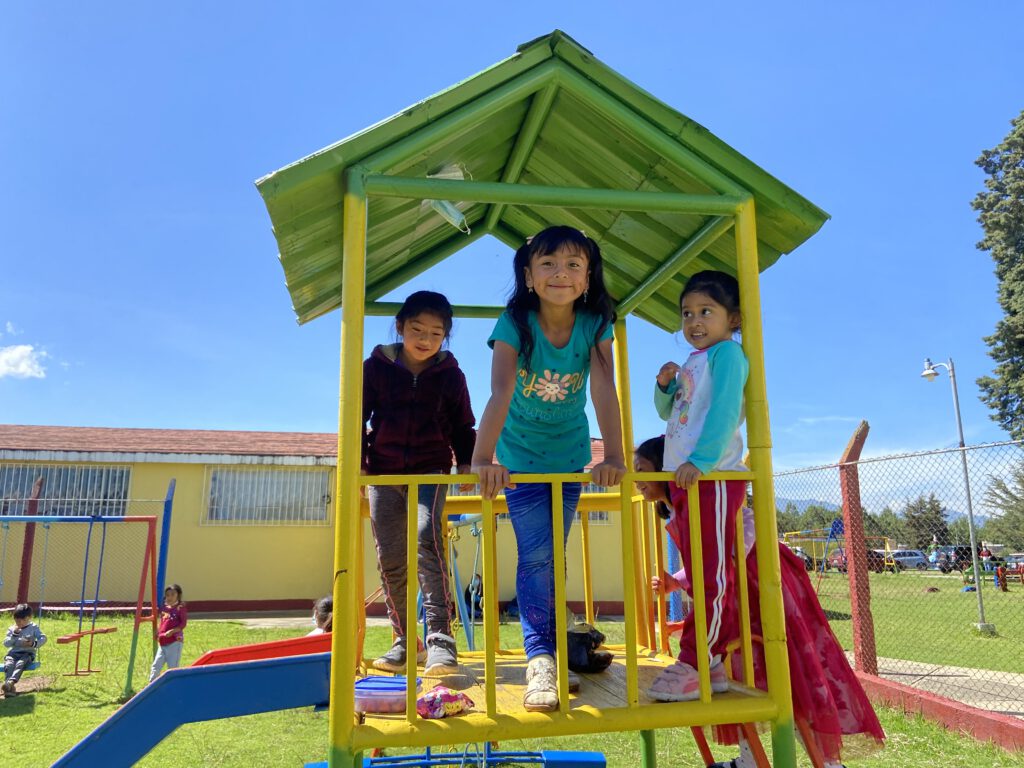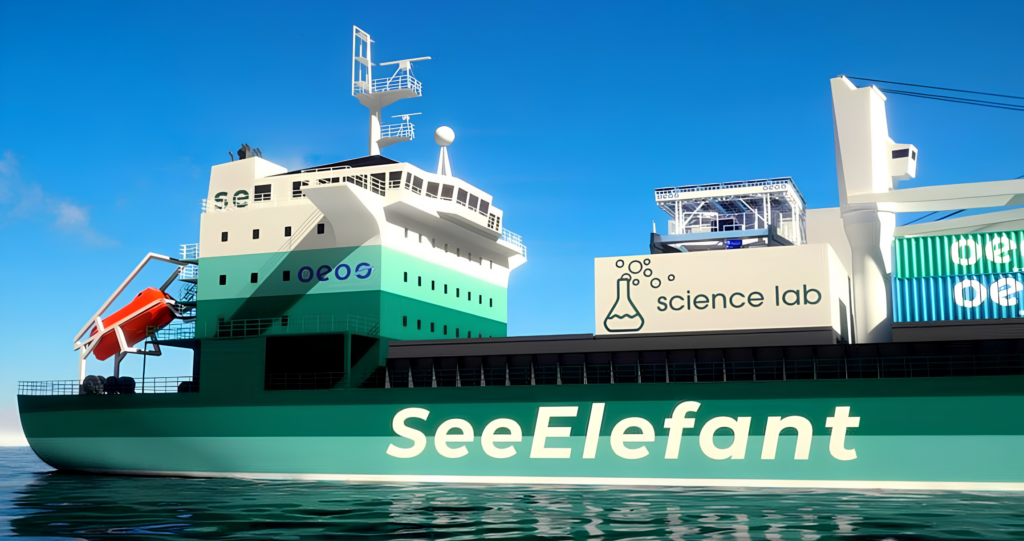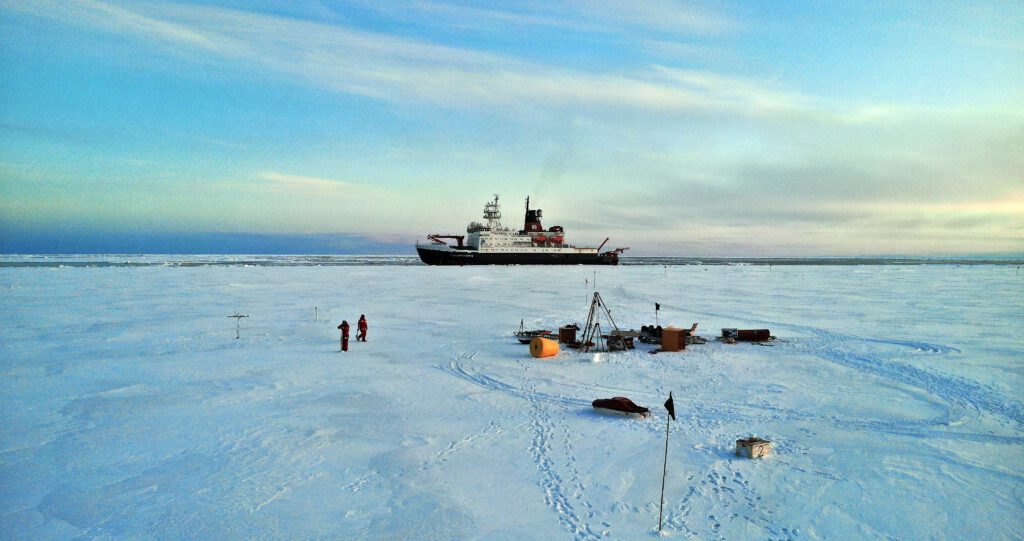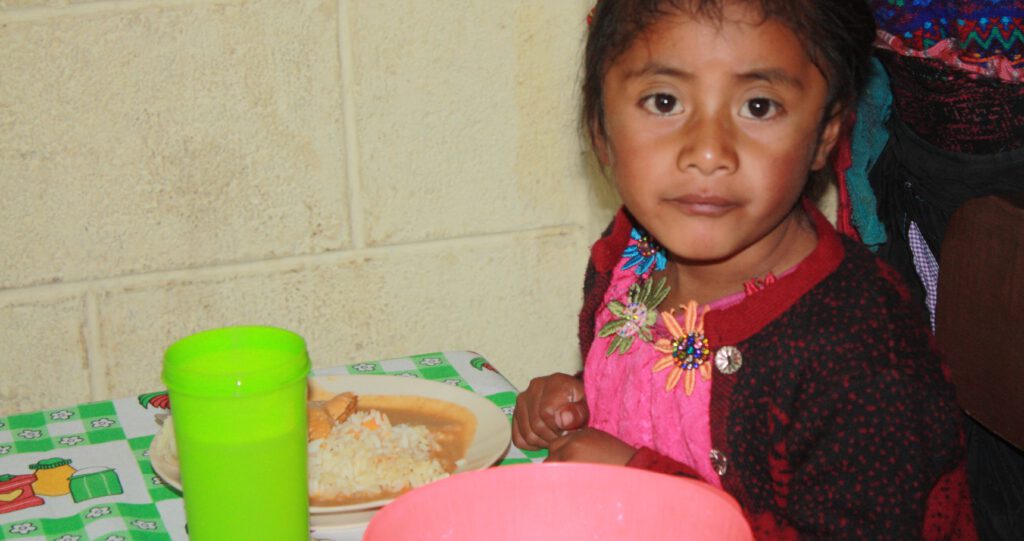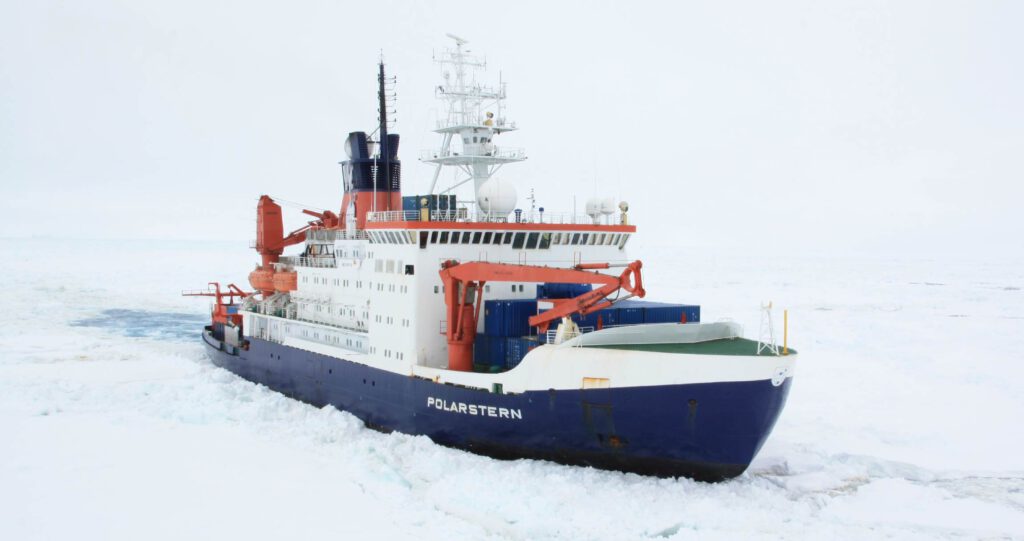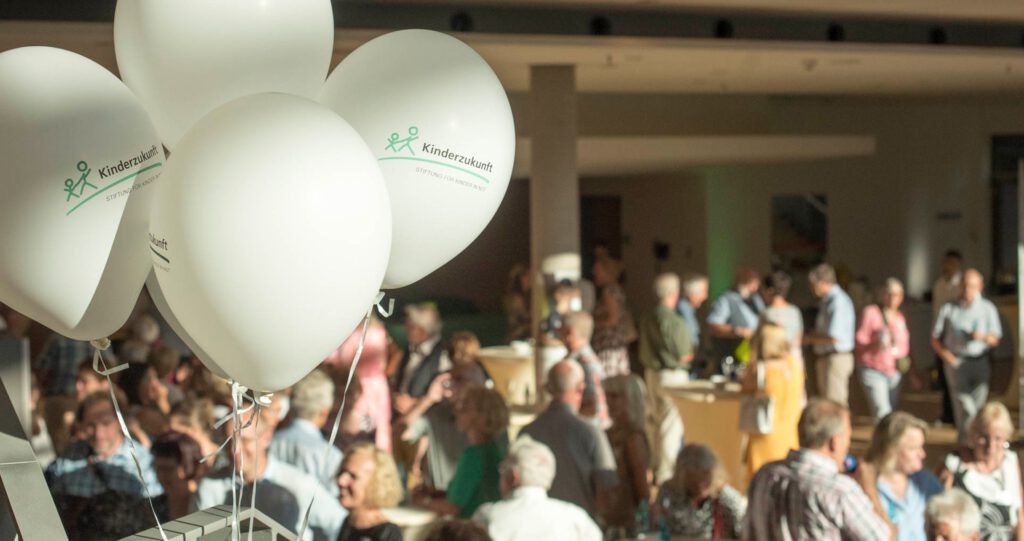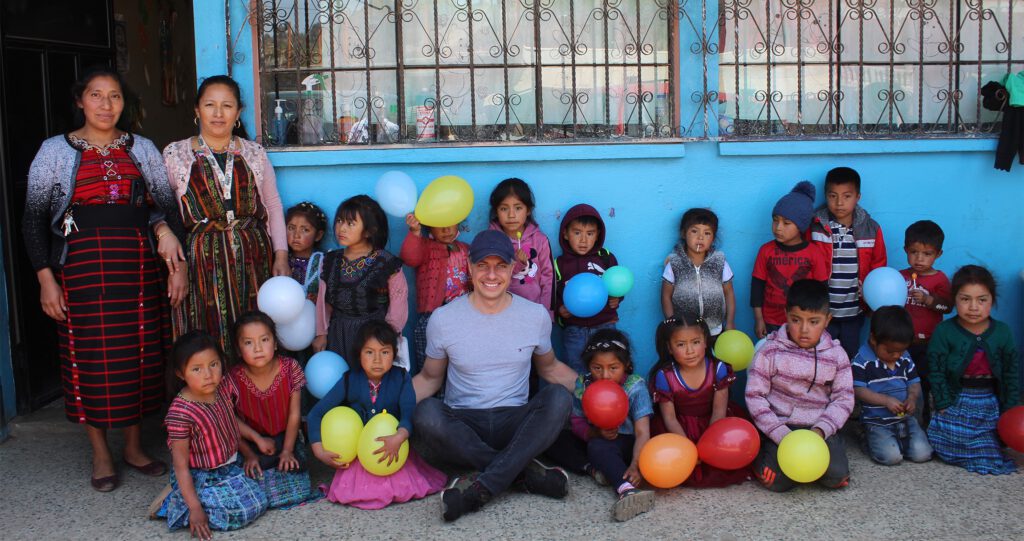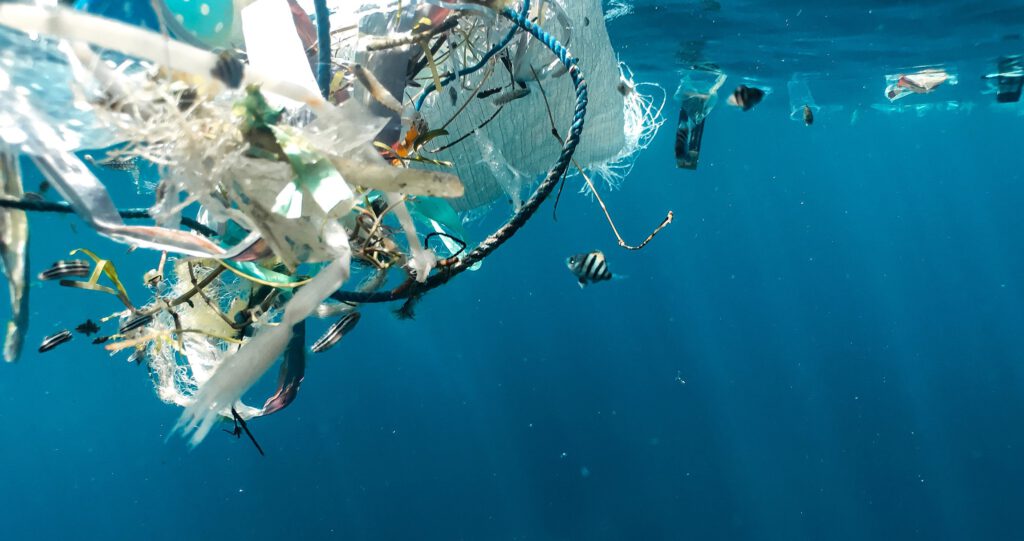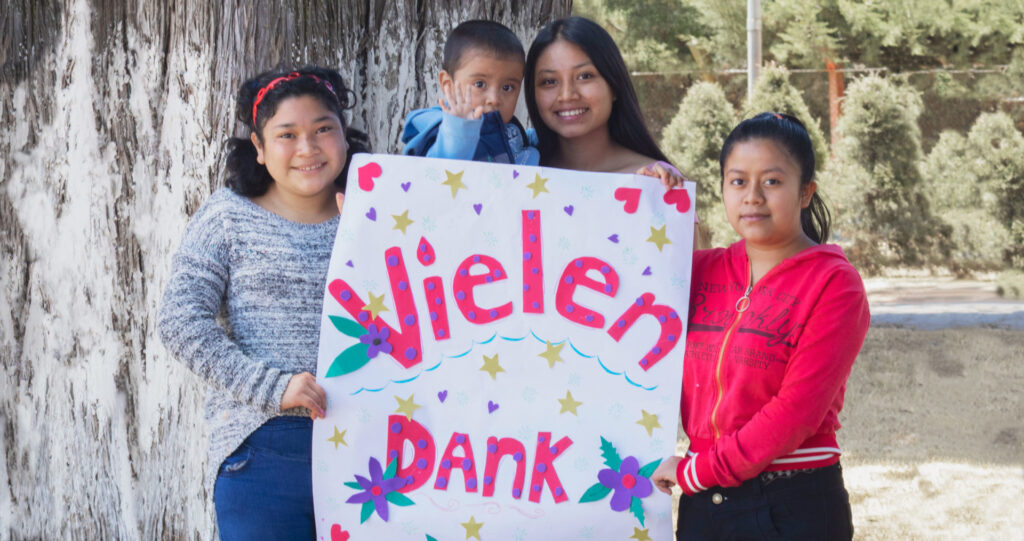Livable as a workplace, climate-friendly, socially responsible and future-oriented leadership – modern enterprises are already doing so much more than simply show off their ecological awareness through solitary measures. And that’s a good thing, too. Sustainability has made it into the minds of people. Only, at many places, there is a struggle going on for the best solutions. More often than not, it is sustainable leadership that is giving everybody the hardest time – in other words the ESG factor Governance1. At irregular intervals, Valdivia Future introduces novel and unconventional solutions revolving around this topic – such as the CEO Day or the Pac Man Strategy. In their latest Global Human Capital Trends Report,2 Deloitte describe a global approach to this: Enterprises should plan their entire ’social ecosystem’ more sustainably and act upon it – which means this would not only include involving their own staff but also planning and acting together with and for everybody who is linked to them.
Solitary Steps Don’t Cut It
According to the Deloitte report, many enterprises cut down on business trips or use more sustainable working materials. This, however, will neither lead to a more sustainable HR strategy nor will it make the organisation of work itself more sustainable. An increasing volume of questions about working conditions, social attitude, or concrete sustainability measures from staff members, shareholders, supervisory bodies, the media, or politics may count as a first indicator for a deficit in this field.
Overcoming the wide-spread silo mentality can be a first step towards a solution: A more holistic perspective on any work area and strategy that is directly aimed at people, such as HR Marketing, health management, local social projects, etc, is called for. It helps to be aware of potential obstacles – which, again according to Deloitte, may be a lack of resources but also external limiting factors (corporate rules, laws, regulations) and most of all inflexible corporate cultures with overly slow procedures and long-winded decision-making processes.
Approaches to More Sustainable Social Ecosystems
At this point in time, sustainability compentencies are all too often limited to purely technical questions of the ecology, e.g. CO2 reduction. What is needed for the social ecosystem, on the other hand, are ’soft skills’ – empathy, for instance, and thinking across borders. Ideally, all protagonists within the social ecosystem should benefit from this – this would not only include your own employed staff but also your freelancers, your suppliers and providers, as well as your local community.
The Skandia Navigator3 was a very early approach to factoring social eco-systems. Skandia is a Swedish financial service provider and insurance company. As early as in 1994, the Navigator was developed as a system for evaluating the intellectual ’capital’ of an enterprise. It only takes into account employed staff. And yet, from the very beginning, it featured a number of parameters of a personnel-oriented sustainability concept. The Navigator allows for the determination of an enterprise’s ability to strategically renew itself, to see and understand opportunities, and to preserve its competitiveness in a sustainable way.
Fashion company Everlane is a more recent example: They do not only routinely check their own measures but also the working coniditions, salaries and trainings their suppliers offer. The Hilton Hotel corporation chose a very unconventional approach by specifically searching and employing individuals who had fled the pandemic as well as refugees affected by human trafficking.
A Holistic Model for Your Social Ecosystem
The Human Capital Trend Report outlines a three-step solution for enterprises to secure and increase sustainability in their social eco-system:
- Good, Sincere Communication
Executives and also middle management should communicate sustainability goals and measures in a consolidated way, both internally and externally. This includes a sincere progress report. Another recommendation is to provide trainings on relevant sustainability topics for your staff as well as to moderate change management with sensitivity when new technologies and procedures are introduced for the sake of better sustainability.
- All-Stakeholder Collaboration
For the second step, Deloitte recommend to build on a cooperative basis: New sustainability strategies are better developed in close collaboration with as many stakeholders in your social ecosystem as possible, from outside the enterprise. Topics can range from ecological aspects to social programs, or health, safety, the staff’s well-being at the workplace, or New Work models (remote work, etc).
- Prospective Planning
Additionally, Deloitte recommmend you have a future-proof HR strategy: Training your employees as early as possible before anticipated changes occur. Newly-employed staff members ideally already possess the required skills and abilities when you hire them. And, finally, emergency programs can help to prepare for and promptly respond to unforeseeable developments.
All this sounds like a lot of effort, but it is worth it: According to Deloitte, enterprises with a holistic sustainability strategy are much more likely to be successful with regard to their employees and business results.
1 from ESG for environmental, social, governance – areas in which enterprises are to achieve the 17 sustainability goals as agreed by the United Nations in 2015.
2 New fundamentals for a boundaryless world – 2023 Global Human Capital Trends Report: download
3 A tool similar to the Balanced Scorecard (BSC) for the evaluation and management of intellectual capital: read more – the author’s personal market experience






